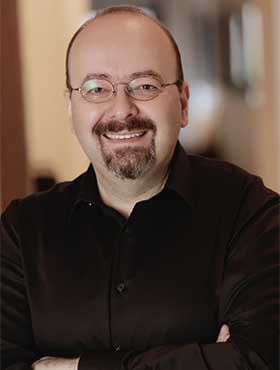Andy
Senior Member (Voting rights)
March 18 Scientist spotlight - Peter Robinson
https://jaxmecfs.com/2018/03/29/scientist-spotlight-peter-robinson-m-d-m-s/Hi Peter! Thanks for meeting with me and answering some questions. So, you’re an MD, but you’re currently doing research. Can you tell me a little about your background and how you ended up at JAX?
Hey, Courtney! So, when I was in college, I studied Mathematics and Computer Science. I was actually accepted into a couple of PhD programs in Computer Science, but my father, who was a physician, said “why don’t you study medicine?” After a couple of conversations about it, it seemed like a good idea, so I kind of switched and wound up studying Medicine at UPenn [University of Pennsylvania]. I then did what in America would be called a residency, in Pediatrics in Germany at the Charité University Hospital. During that time, my original plan was to be a clinician. But then I got involved in a research project in genetics and diagnostics of Marfan Syndrome and Neurofibromatosis, and I just developed an interest in genetics. So, after I finished the residency, I switched to the Genetics Department of the hospital, and for the first time was doing mainly research instead of being a clinician. Sometime after I made the switch, by chance my wife was between jobs. She’s an Ophthalmologist and she was doing her Master’s in Medical Informatics, so she said, “hey, can you help me with this homework? I have to program something in Java,” so I started helping and I was like, “wow this is a lot of fun!” So anyway, I heard there was the field of Bioinformatics, and I looked that up and said, “hey this would be perfect for me.” So, I studied Computer Science via the internet at Columbia University and I got a diploma in it in 2004. Then one of my mentors in Germany sort of financed a Master’s student, so we did the first bioinformatics project together, and that resulted in a publication in Human Molecular Genetics, which is quite a good journal. And every year I added another person to the group and ended up with a pretty big group.
Last edited by a moderator:




